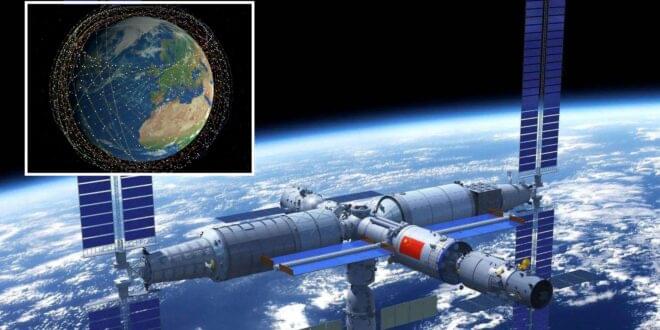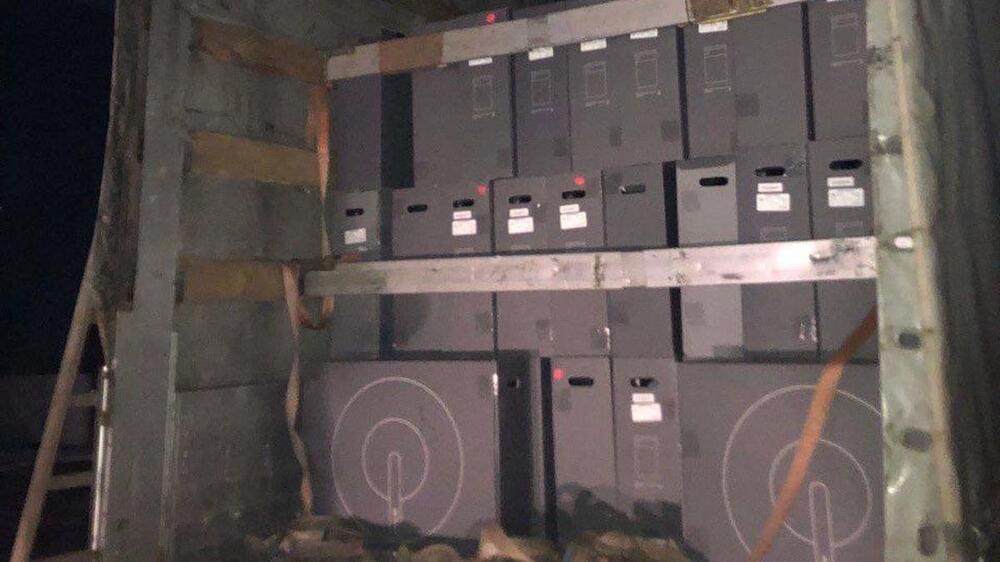Russia’s attacks on Ukraine continue to take lives and destroy infrastructure as the country invades. This infrastructure damage has disrupted internet access in Ukraine, leading a government official to publicly request Starlink satellite internet access for the country from SpaceX CEO Elon Musk. Musk obliged, activating Starlink service in Ukraine and sending additional hardware. But with continued attacks on infrastructure, how will Ukraine stay connected?
Fedorov brings up an important point: Even though Starlink operates without the need for traditional internet infrastructure, the Earth-bound hardware still needs power. And, as Russian attacks bombard the country, Ukraine’s internet access will continue to be threatened.
Fedorov’s statement publicly reached out for help acquiring generators to keep Starlink online for Ukrainians. But Musk responded with an alternative suggestion.
“Solar panels + battery pack better than generator, as no heat signature or smoke & doesn’t run out of fuel,” Musk wrote in response on Twitter.
Elon Musk has some ideas.








